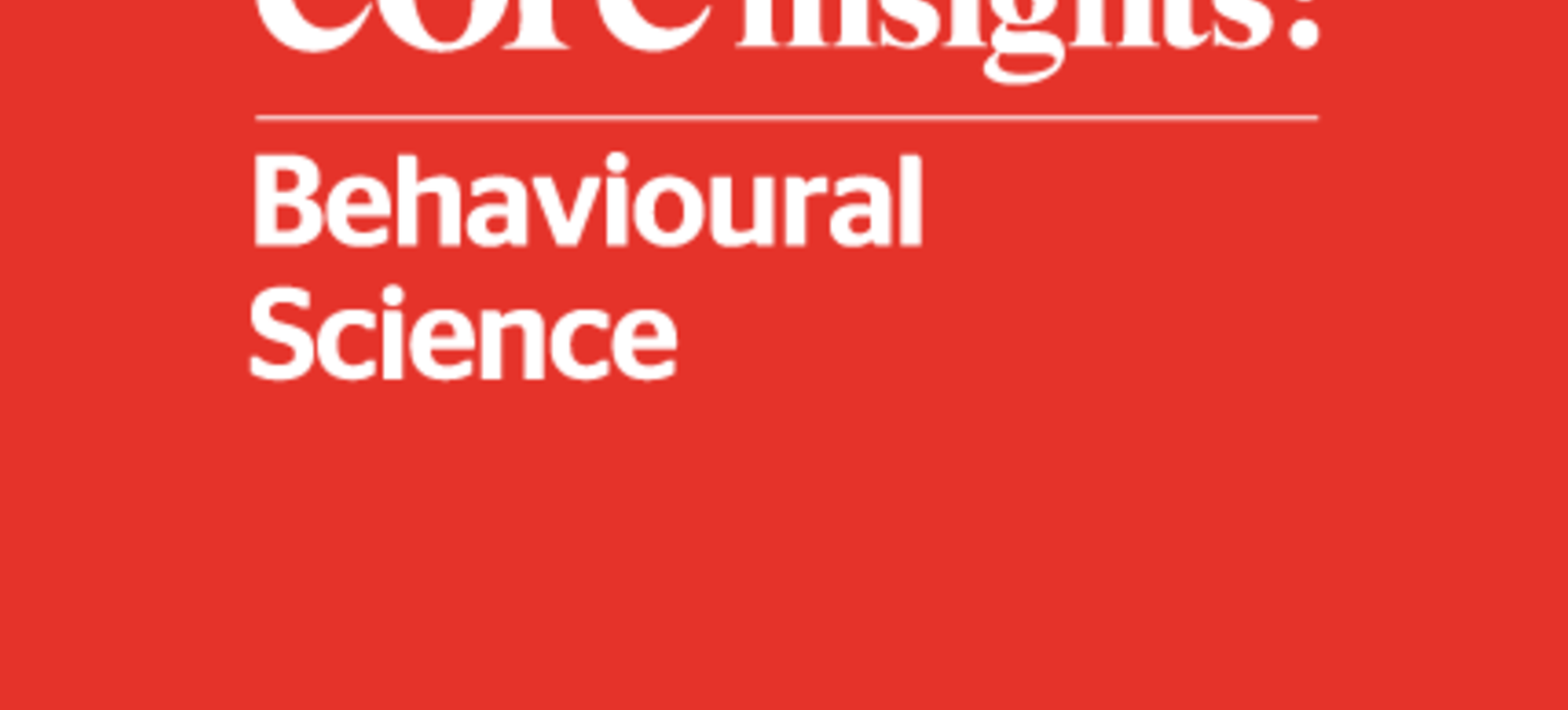
- New research looks into alcohol consumption
- Participants were sent one of four stat-based text messages
- They then had option to request health advice
- Heavy drinkers more likely to seek help when ranked against others
Excessive drinkers are more likely to seek help if they are told where their drinking ranks compared to other people, according to new research.
A group of drinkers were sent different messages by text and researchers found more sought advice when they were sent a message saying they drank more units per week than most of the participants in percentage terms.
Researchers found the message far more effective than sending them a text saying what the recommended level of drinking is, or when told how much they drink compared to the recommended level or what the average is for their age group.
Ivo Vlaev, Professor of Behavioural Science, believes tweaking the message sent to drinkers could really help tackle the serious health concern of excessive alcohol consumption in the UK.
Professor Vlaev said: “Excessive drinkers typically underestimate their consumption relative to that of others, and these interventions with messages aim to reduce consumption by correcting this misperception by telling people how their drinking actually compares with that of others.
“The study shows informing excessive drinkers of how their alcohol consumption ranked was more effective in persuading them to seek alcohol-related health information than informing them in other ways.
“Ultimately our aim was to encourage these individuals to seek such information in order to enable them to become better informed of services that could help them reduce their alcohol intake.”

The paper Improving Social Norms Interventions: Rank-Framing Increases Excessive Alcohol Drinkers’ Information-Seeking by Professor Vlaev, Gordon Brown, of the University of Warwick, Michael Taylor, of Imperial College London, and John Maltby, of University of Leicester, studied the reactions of a group of university students.
In total 101 students were sent four weekly messages containing one of four types of information:
- Official alcohol consumption guidelines. The text said: "It is recommended that the average male (female) adult drinks less than 21 (14) units per week and less than 3-4 (2-3) units daily."
- How their alcohol consumption compared with official guidelines. The text said: "You drink X units per week, male (female) adults are recommended to drink less than 21 (14) units per week and less than 3-4 (2-3) units daily."
- How their consumption compared with the mean average of the group. The text said: "You drink X units per week, the average male (female) participant drinks Y units per week."
- How their consumption ranked among the group. The text said: "You drink more units per week than X% of (or Y out of 10) male (female) participants."
The table below shows how each message performed in the different conditions used. Overall the ranking message saw 60 per cent of participants request more information on alcohol consumption compared to 20 per cent using the official guidelines, 11.8 per cent using the average for the group and 4.8 per cent comparing their drinking to official guidelines.
The researchers found participants informed of how their consumption ranked were more likely to request information and tended to request a greater number of types of information than those sent the other messages.
“Our findings suggest that future interventions might benefit from focusing on telling people how their behaviour ranks among others,” added Professor Vlaev. “It shows more consideration should be given as to how messages can be improved through presenting information in ways in which it is naturally processed.
“It is important, however, to emphasise this intervention did not lead to a reduction in participants’ alcohol consumption; this is likely to be because reducing alcohol use is a complex change requiring multi-component intervention.”
Professor Ivo Vlaev teaches Behavioural Sciences for the Manager on the Executive MBA.
For more articles like this download Core magazine here.




 X
X Facebook
Facebook LinkedIn
LinkedIn YouTube
YouTube Instagram
Instagram Tiktok
Tiktok